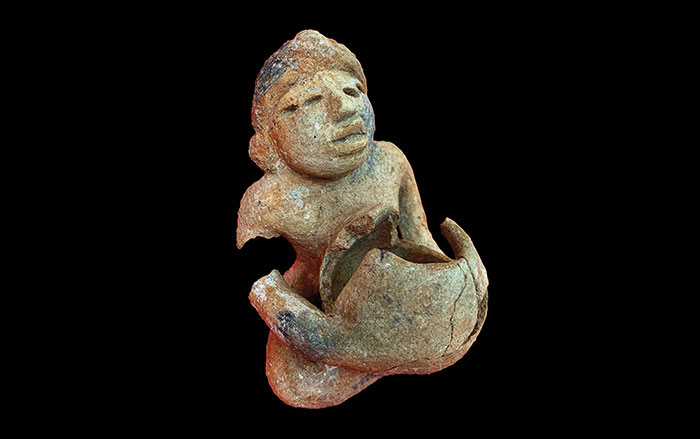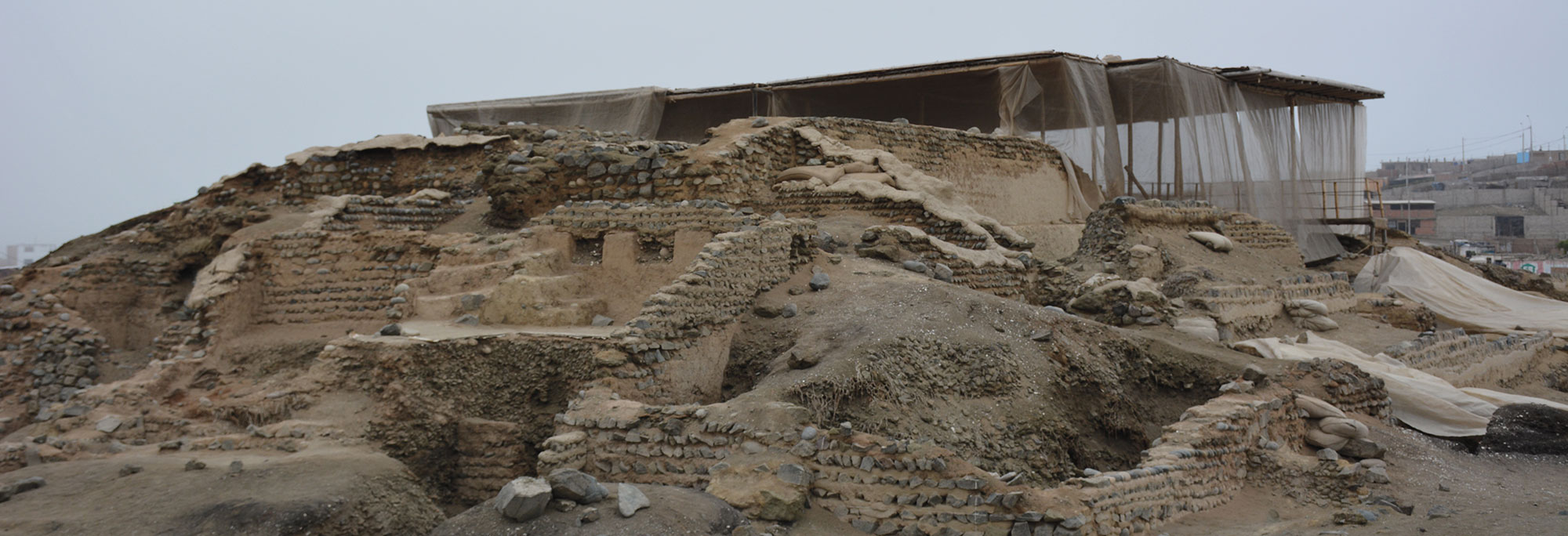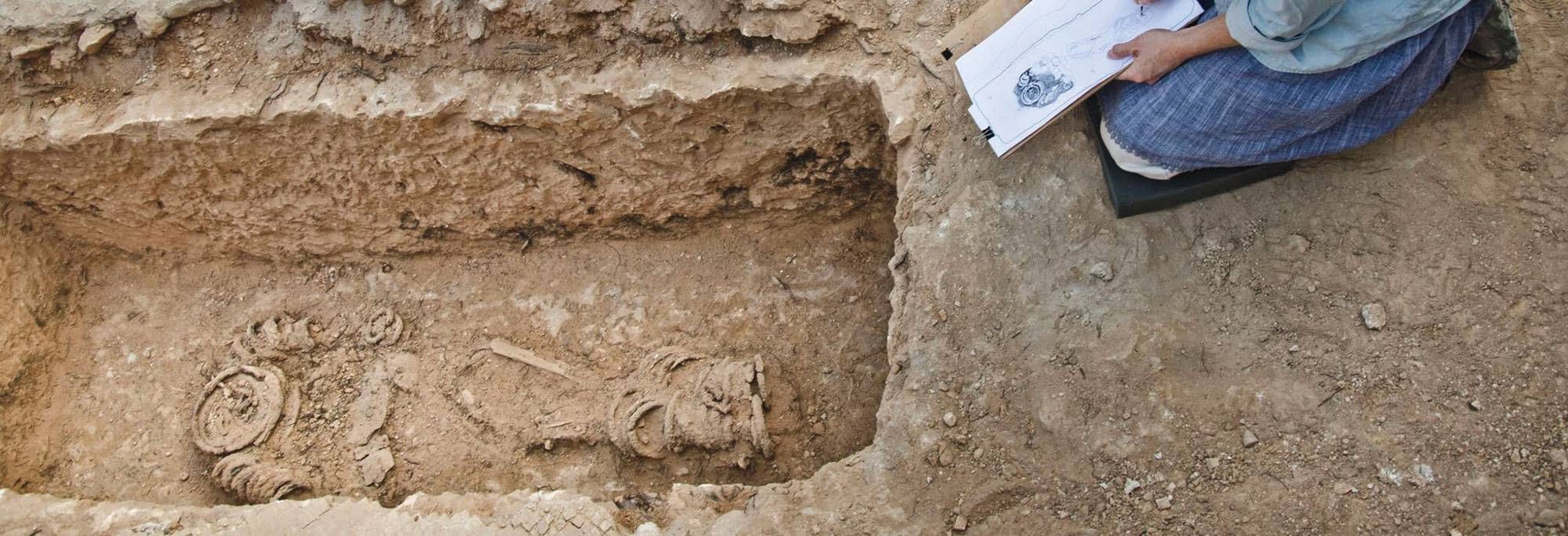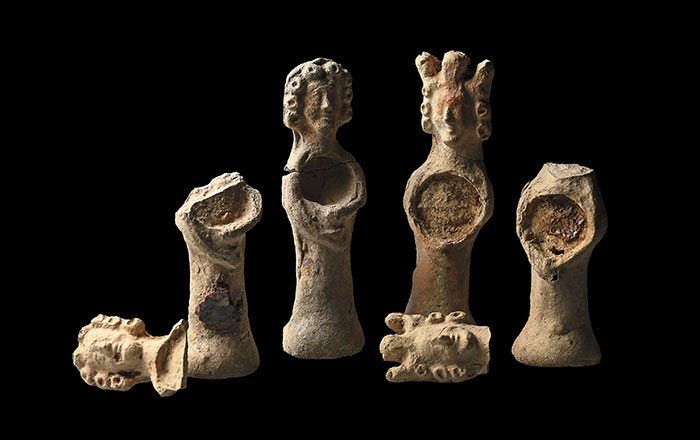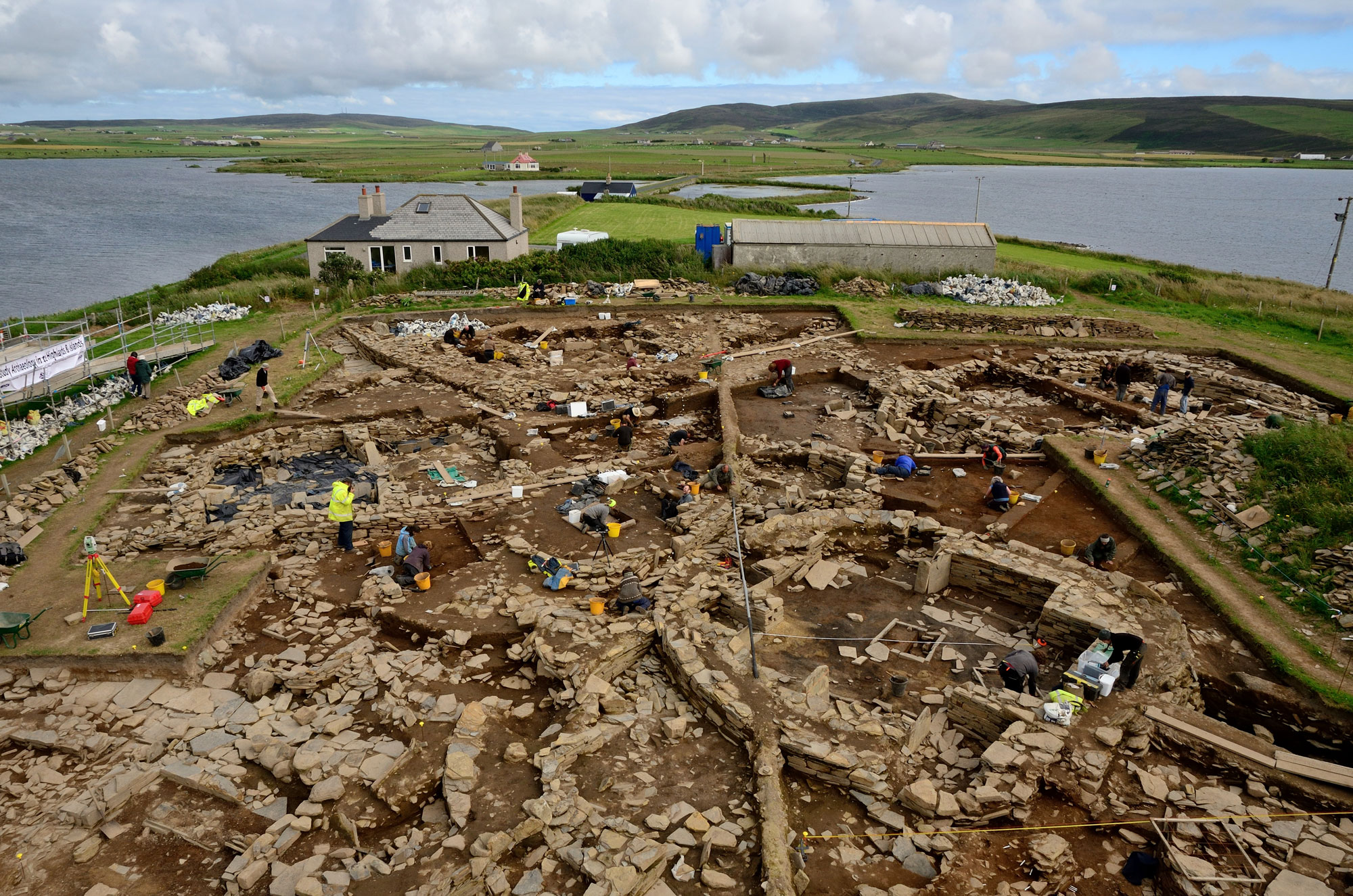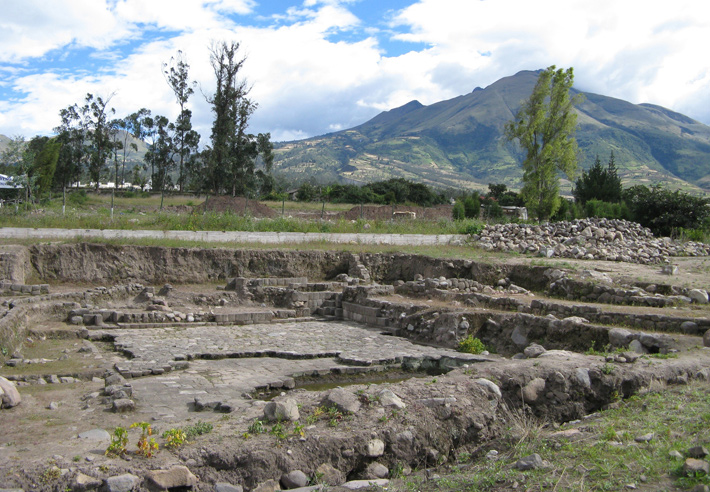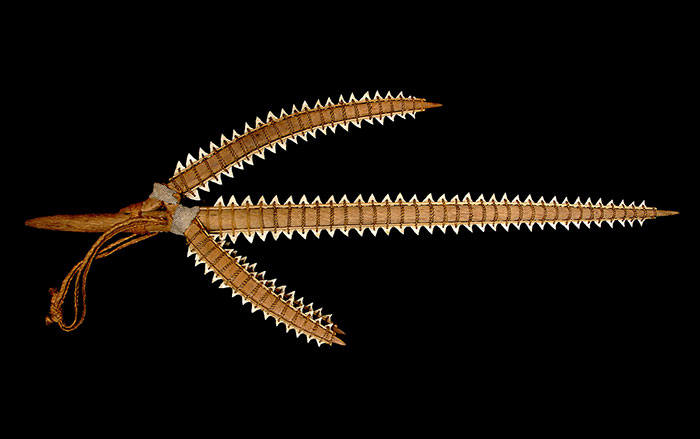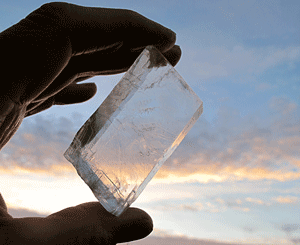
ALDERNEY, CHANNEL ISLANDS—Tests indicate that a piece of carved crystal recovered from a sixteenth-century shipwreck at the bottom of the English Channel is calcite. Calcite crystals have been shown to reveal patterns of polarized light around the sun, and could have helped early navigators determine its position in the sky on cloudy days. This crystal was found near the ship’s navigation equipment and may have been used as such an optical compass. These crystals are often found in Iceland and Scandinavia, and may have been the “sunstones” of Norse legends. This is the first time that archaeological evidence has been found to support the “sunstone” interpretation.


